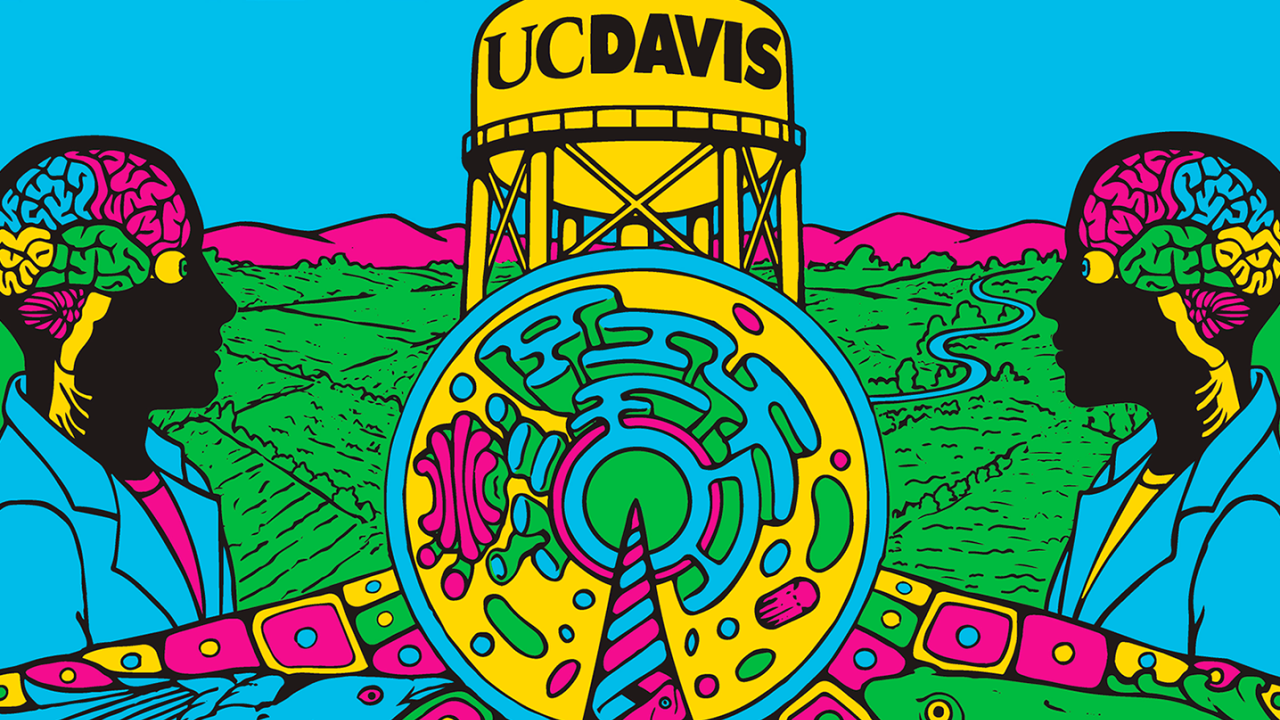
Biology Year in Review: Our 10 Most Popular Stories from 2019
The new decade is right around the corner, and we're taking a look back at the top 10 performing stories from the College of Biological Sciences website. From mapping the cells of the immortal Hydra and opening the door to flood-resistant crops to finding a research lab and uncovering how a fish gets its shape, these stories exemplify the curiosity of our researchers, both faculty and students alike. Click on the box to read the story.
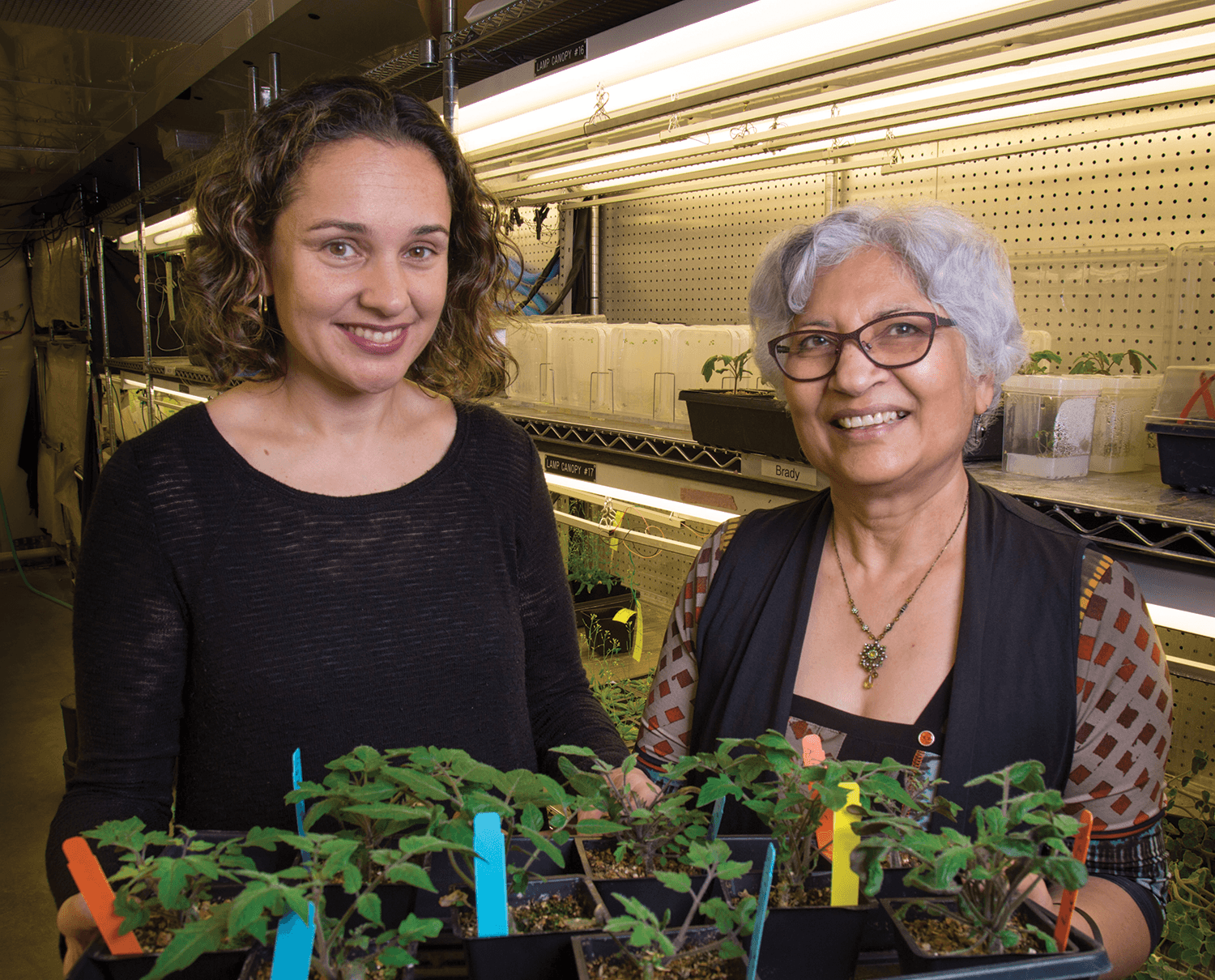
10) Grains in the Rain: Study Opens the Door to Flood-Resistant Crops
Of the major food crops, only rice is currently able to survive flooding. Thanks to new research, that could soon change -- good news for a world in which rains are increasing in both frequency and intensity. Professor Neelima Sinha and Associate Professor Siobhan Brady, both of the Department of Plant Biology, were members of the research team that published this study in Science.
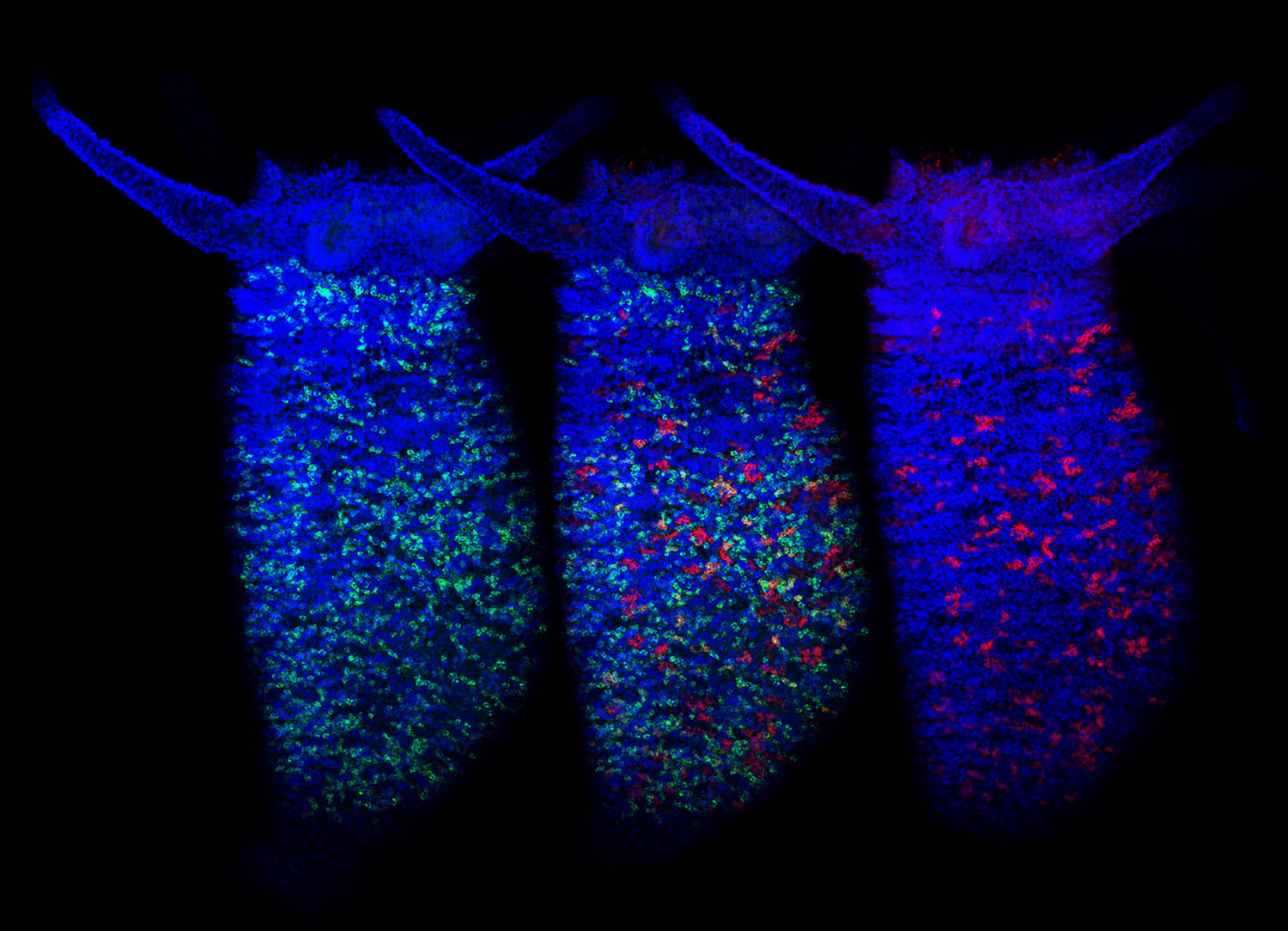
9) Mapping Cells in the “Immortal,” Regenerating Hydra
In a study appearing in Science, Assistant Professor Celina Juliano, Department of Molecular and Cellular Biology, and her colleagues used single-cell sequencing techniques to explore the genetic trajectory for nearly 25,000 cells of the immortal Hydra.
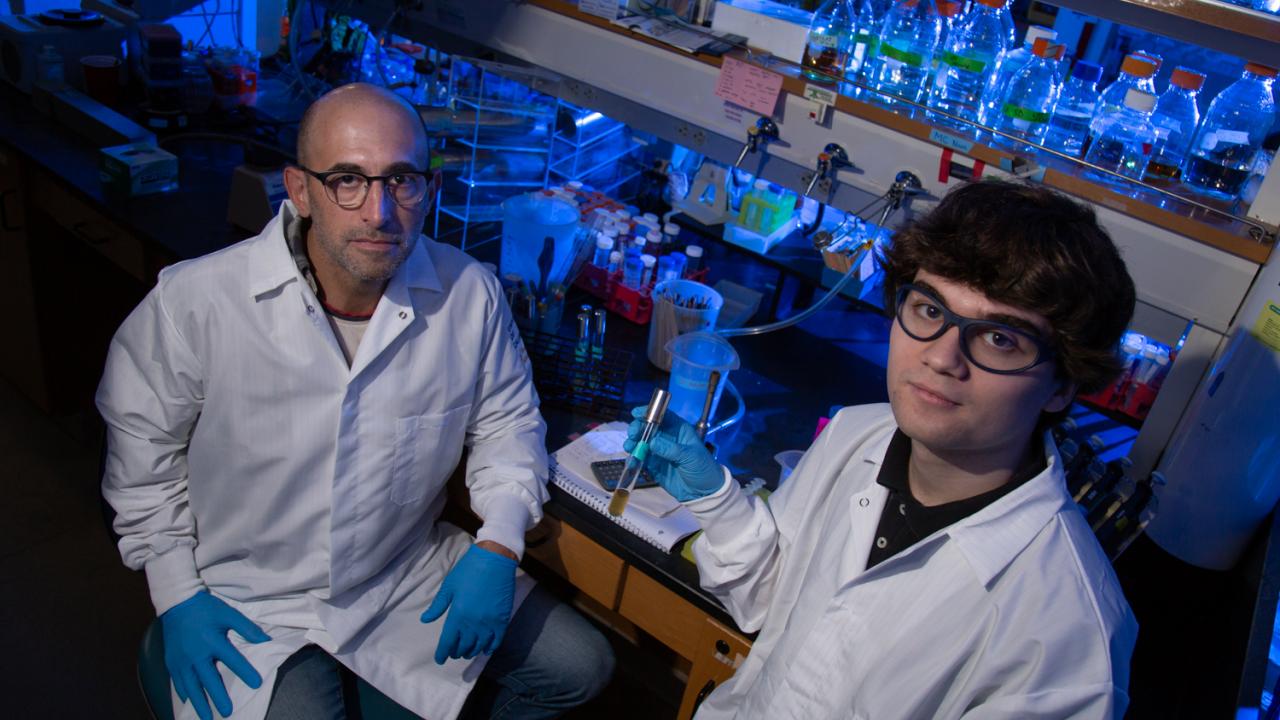
8) Finding a Research Lab: Undergraduate Mackenzie Noon Bridges Biology and Computer Science
When he enrolled at UC Davis, student Mackenzie Noon gravitated towards genetics. Today, he's an undergraduate researcher studying cancer at the chromosomal level in the lab of Professor Ken Kaplan, Department of Molecular and Cellular Biology.

7) How Does a Fish Get Its Shape? Students Explore Smithsonian National Fish Collection to Find Answers
For the past three summers, Professor Peter Wainwright and students have journeyed to the National Museum of Natural History’s Museum Support Center to collect data from preserved specimens in the National Fish Collection. In total, they've generated a dataset on 6,000 species and 16,000 individual specimens.
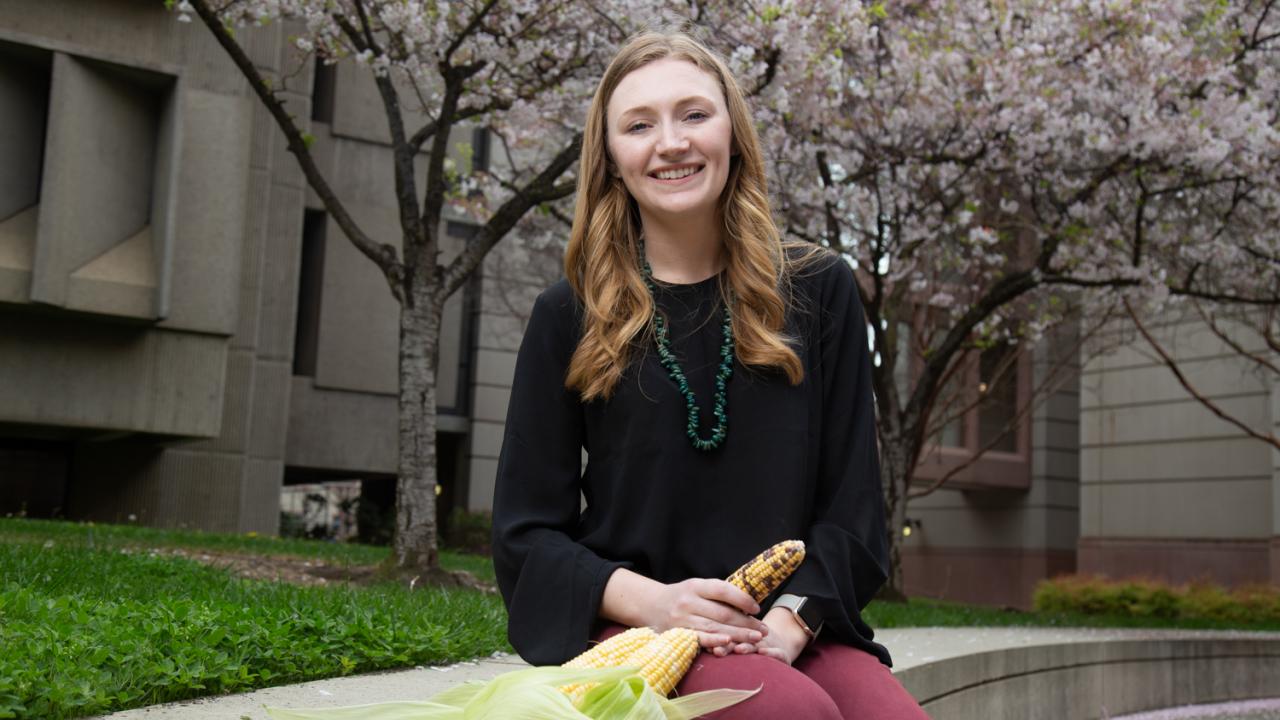
6) Plant Biochemistry to Feed the World via the “Corn Queen” Katherine Murphy
Plant biology Ph.D. student and UC Davis Grad Slam winner Katherine Murphy studies medicinal terpenes found in corn that could help bolster other crops' defenses. On May 10, she competed in and won the University of California Grad Slam Finals. Find out how corn is its own doctor.

5) Undergraduate Natascha Varona Blends Science and Art to Combat Coral Bleaching
Undergraduate student Natascha Varona studies coral bleaching from a microbial angle with Professor Jonathan Eisen and Visiting Professor Raquel Peixoto. On top of research, she uses her artistic talents to raise awareness about ocean health.
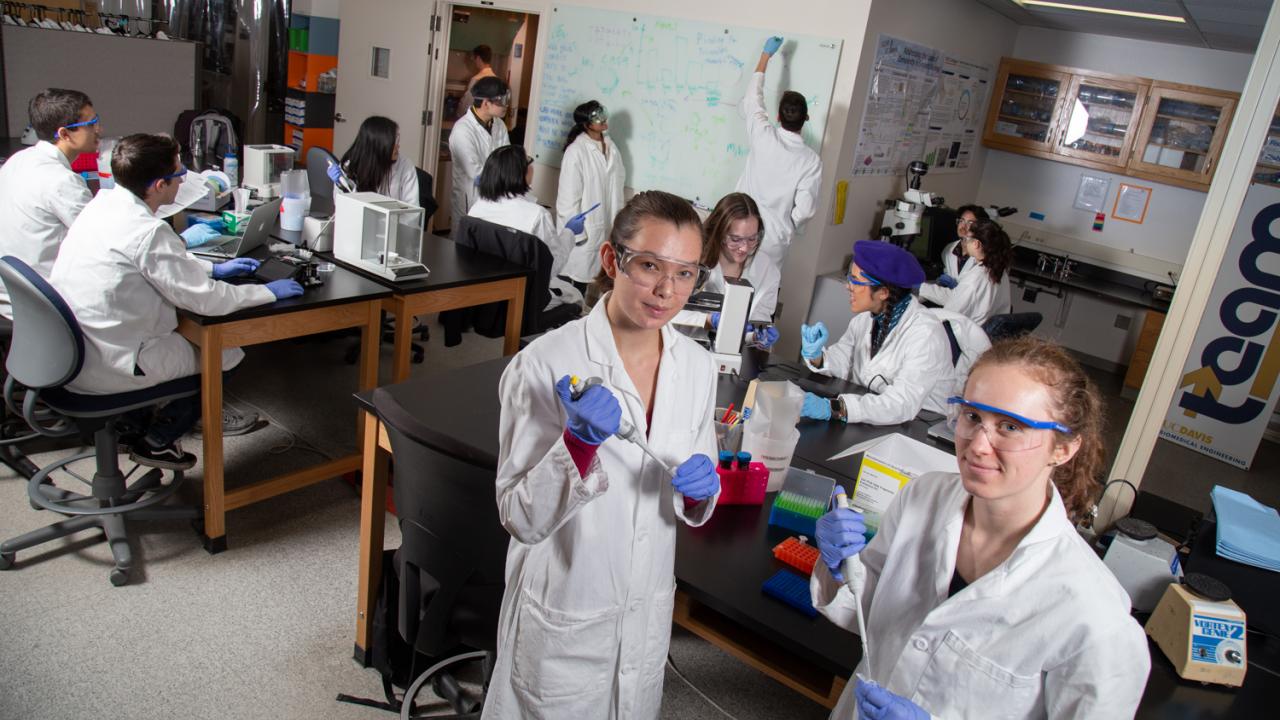
4) BioInnovation Group: Bringing Hands-On Lab Experiences to STEM Students
Launched in 2014, the BioInnovation Group connects undergraduates to life sciences research through student-run, independent projects. From synthesizing “Real Vegan Cheese” to developing microfluidic devices, the group allows students to be the drivers of innovation.
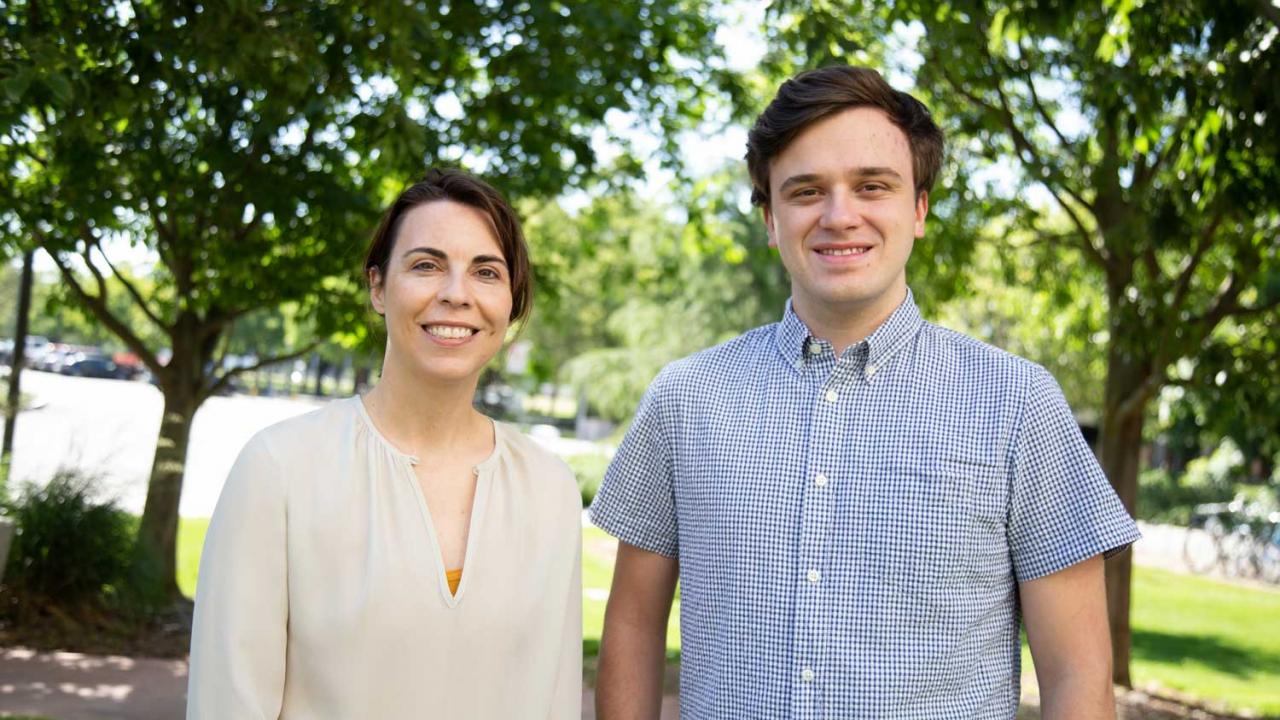
3) Using Genomics to Trace Human Family Origins with Undergraduate of the Year Cole Williams
For his outstanding research and service, Cole Williams was named the 2019 College of Biological Sciences Undergraduate of the Year. At UC Davis, he joined the lab of Associate Professor Brenna Henn, studying the genetics of African hunter-gatherer and pastoralist groups
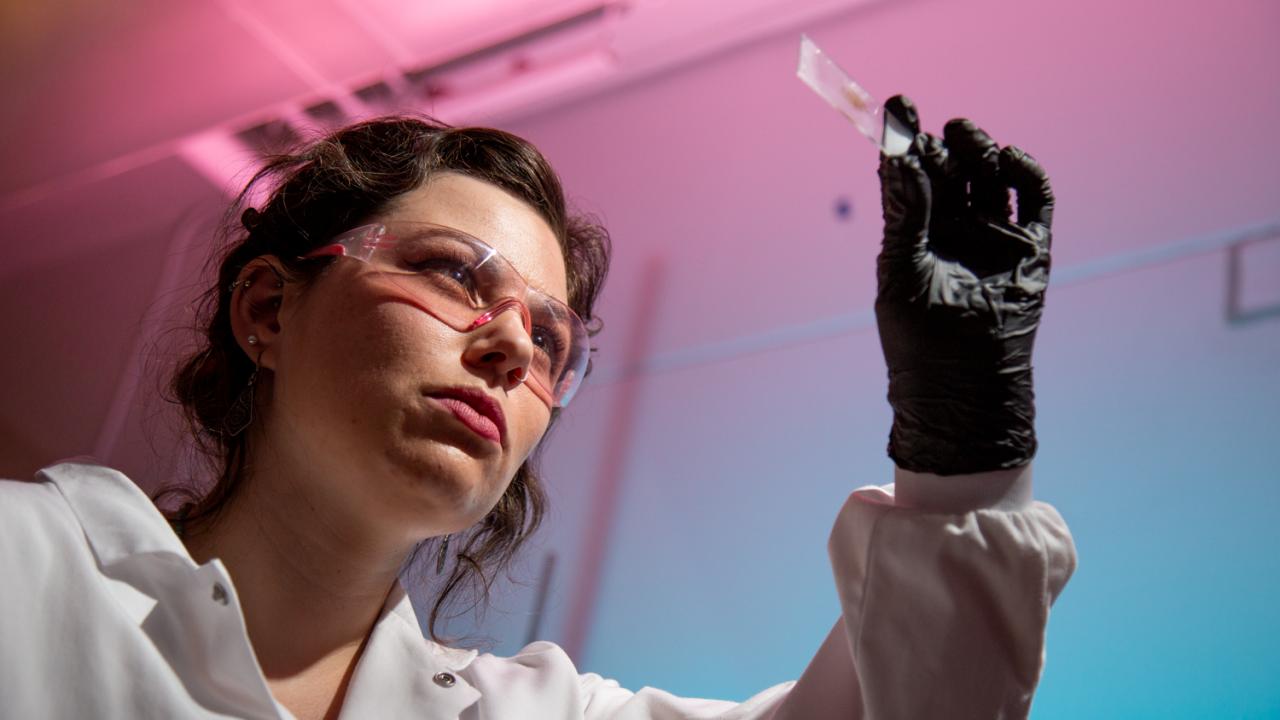
2) How Psychedelics Could Help Treat Depression with Neuroscience Ph.D. Student Lindsay Cameron
Neuroscience Ph.D. student Lindsay Cameron and other researchers at UC Davis are actively exploring drugs capable of restoring health in the brains of those with mood disorders. Some dark horse candidates are psychedelics like LSD, psilocybin and DMT.
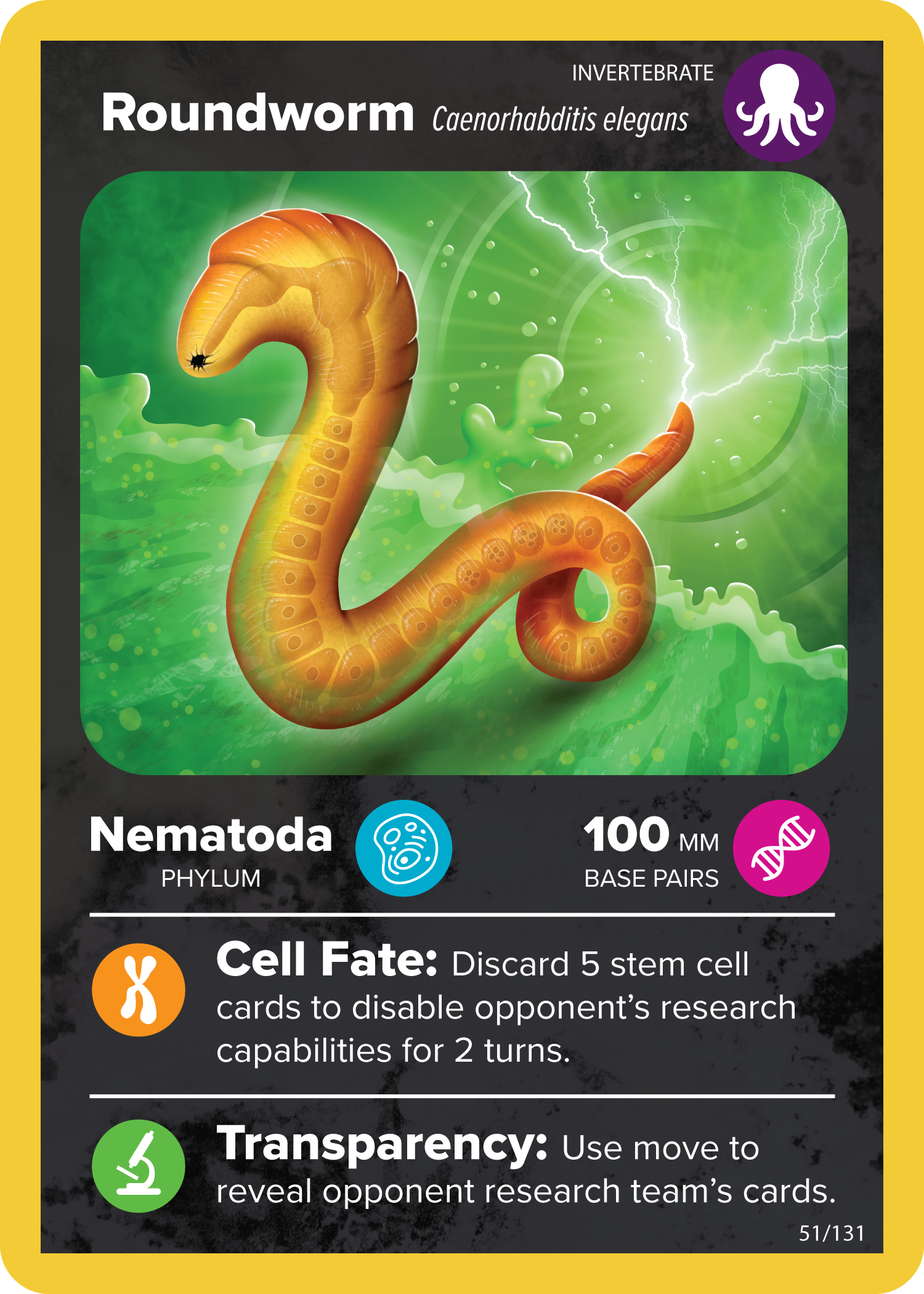
1) A Menagerie of Model Organisms
What can a worm or fish tell us about the human body? When it comes to biology, quite a lot actually. In many cases, scientific inquiry begins with our relatives in the animal kingdom. From yeast and worms to fruit flies and mice, these creatures hold clues to the secrets of our own biology. Learn how UC Davis researchers are using animal models to answer basic biological questions that will build the foundation for revolutions in human health
